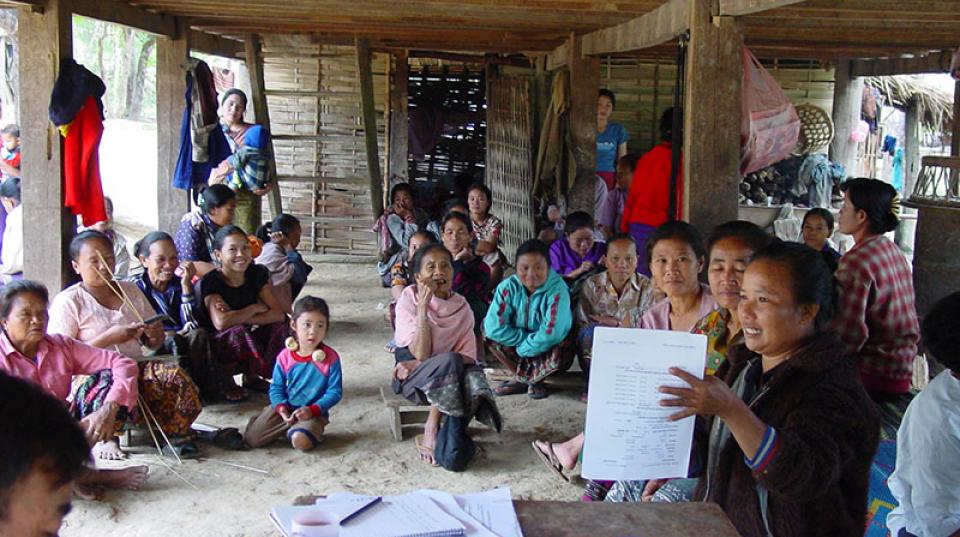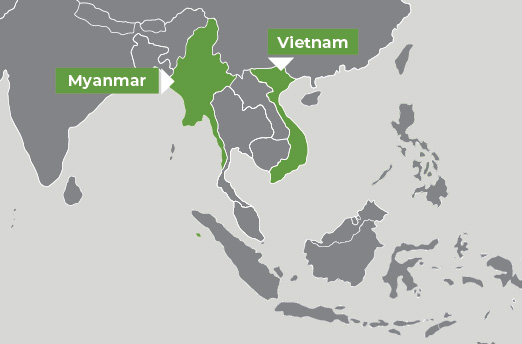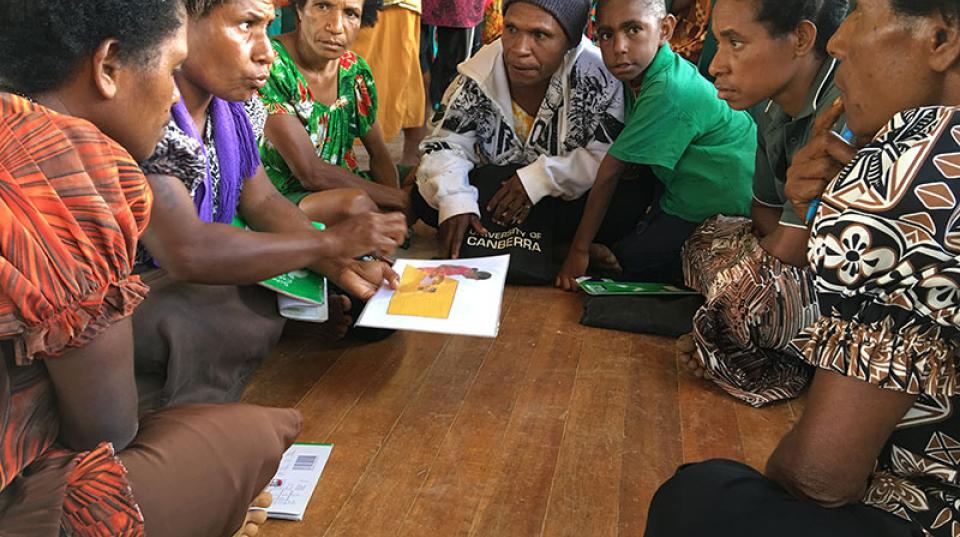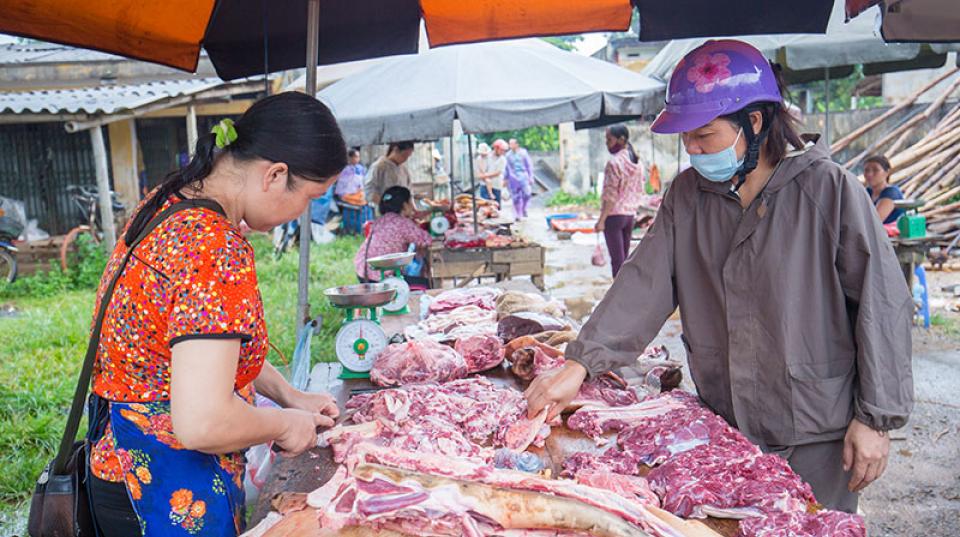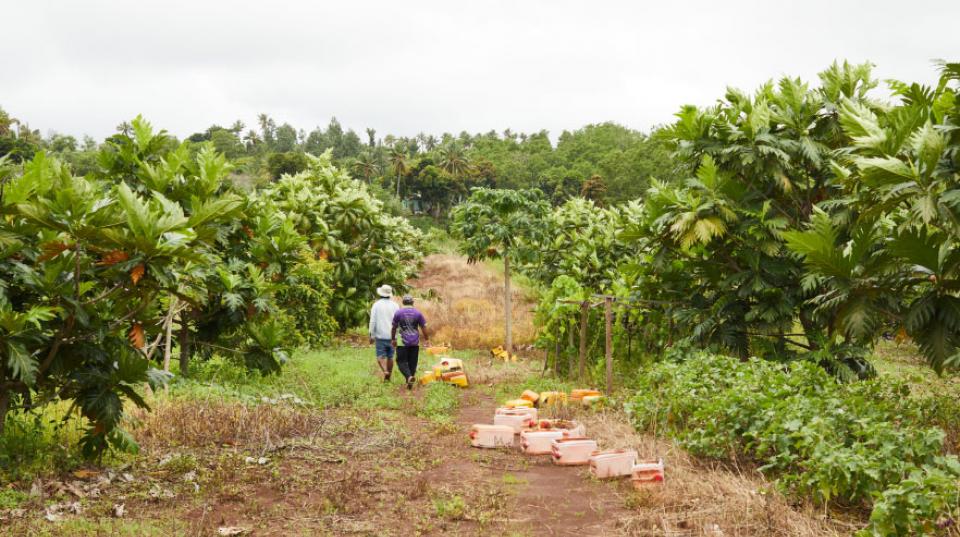Overview
This project aimed to provide a prospective analysis of the types of social protection that may promote agricultural development and reduce rural poverty, that needs to acknowledge that humans are a fundamental source of (mostly negative) environmental change.
With focus on the opportunities for social protection measures to build the resilience of farming and rural households to local, regional and global shocks, this analysis builds on four ideas: (1) vulnerability (and the related concept of resilience) is a crucial dimension of deprivation, (2) social protection can be more than cash transfers, to include improvements in markets that are central to the poor (labour) or from which they are disproportionately excluded (financial services), (3) future agricultural policy must address society's demands of the sector in a context of increased environmental concerns. Finally, (4) that there are multiple scales at which we can quantify the determinants of vulnerability, suggesting different and potentially complementary entry points for policy.
Social protection is the term used to describe policies designed to mitigate low households' social and economic vulnerabilities. These policies can take various forms, such as seeking to minimise households' exposure to risk or enhancing households' capacity to manage and respond to risk. Some other policy approaches may involve developing improved market arrangements, which seek to enhance economic returns to low households.
Stage 2 of the ACIAR COVID19 assessment identified that new or expanded social protection measures might provide an opportunity to build food system resilience and raise farming and rural households out of chronic poverty. Across all geographies covered, some form of social protection was evident and played a positive role in mitigating some COVID-19 impacts.
Project outcomes
- Understanding the main drivers of vulnerability to poverty.
- Discovering how to make markets work better for smallholders.
- Understanding the potential contribution of index insurance to social protection.
